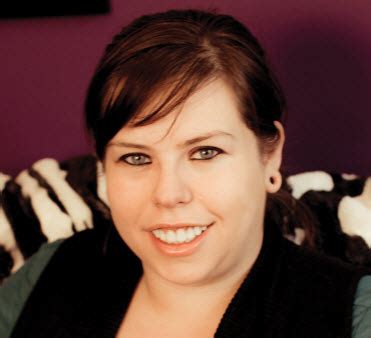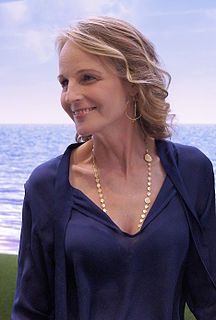A Quote by Chris Baio
It was very controversial actually, because basically, Lion In The Grass was also a course that you were receiving college credit for. So it was like he was taking a class, but then the class which also has a teacher and everything, was competing with bands that weren't in classes.
Related Quotes
It turned out I was pretty good in science. But again, because of the small budget, in science class we couldn't afford to do experiments in order to prove theories. We just believed everything. Actually, I think that class was called Religion. Religion class was always an easy class. All you had to do was suspend the logic and reasoning you were being taught in all the other classes.
By the end of the semester [in the high school] I was the only one up in front of the class everyday. Actually I could have passed the class four times over because every time you got in front of the class you got extra credit.That was the only class I got an A in and it was the funniest report card because it read Speech - A but everything else was just D, D, D, D.
There should be a class on drugs. There should be a class on sex education-a real sex education class-not just pictures and diaphragms and 'un-logical' terms and things like that.....there should be a class on scams, there should be a class on religious cults, there should be a class on police brutality, there should be a class on apartheid, there should be a class on racism in America, there should be a class on why people are hungry, but there are not, there are classes on gym, physical education, let's learn volleyball.
In the middle of my second year at school, in 1943, I got drafted into the army, was gone for three years, and when I came back, I tried to get into the painting classes which I wanted, but because of all the returned GIs [the GI Bill], everyone was in school and the classes were all full. So I looked at the catalogue and found that there was a ceramic class offered and that there was space in that. I registered for a ceramic class and some drawing classes.
There are two classes of women in Soviet Russia. There is the professional class, which has taken the place of the nobility and includes government officials, artists, doctors, composers and writers as well as former members of the old nobility whose sympathy is with the Soviets, and also the peasant class.
I was going to be a doctor since I was three, so I was pre-med in college. Everything I did, every class I took, pointed toward the 'holy M.D.' Friends were taking wine-tasting classes, studying human sexuality, or redefining their views of the world in poli-sci, and I was memorizing anatomy and crying over o-chem.
Of course, an English aristocrat might have some contact with the staff downstairs and could adequately say a thing or two about inter-class dramas unfolding in the household. But something less parochial might be harder to come by. This is relevant because stories about the divisiveness of class are by definition stories that straddle class boundaries. A story about a miner in a mining town is not obviously one that speaks to the divisiveness of class. In other words, class doesn't just divide us in the world but it also divides us in the stories we're presented.
We don't like to talk about that in America, but there are classes in America. And she [Julia Child] was of a class of women who were wealthy, privately educated, went to Smith, moved in that sort of circle. She was conscripted into the OSS, which is the early CIA, which was all filled with Yalies and Princeton and Harvard people and a few women who were typing mostly but also had something to do.




































